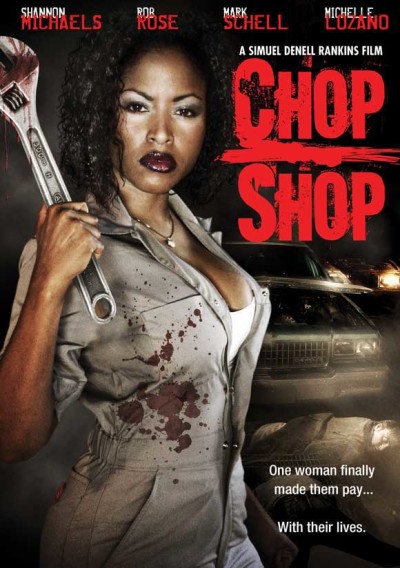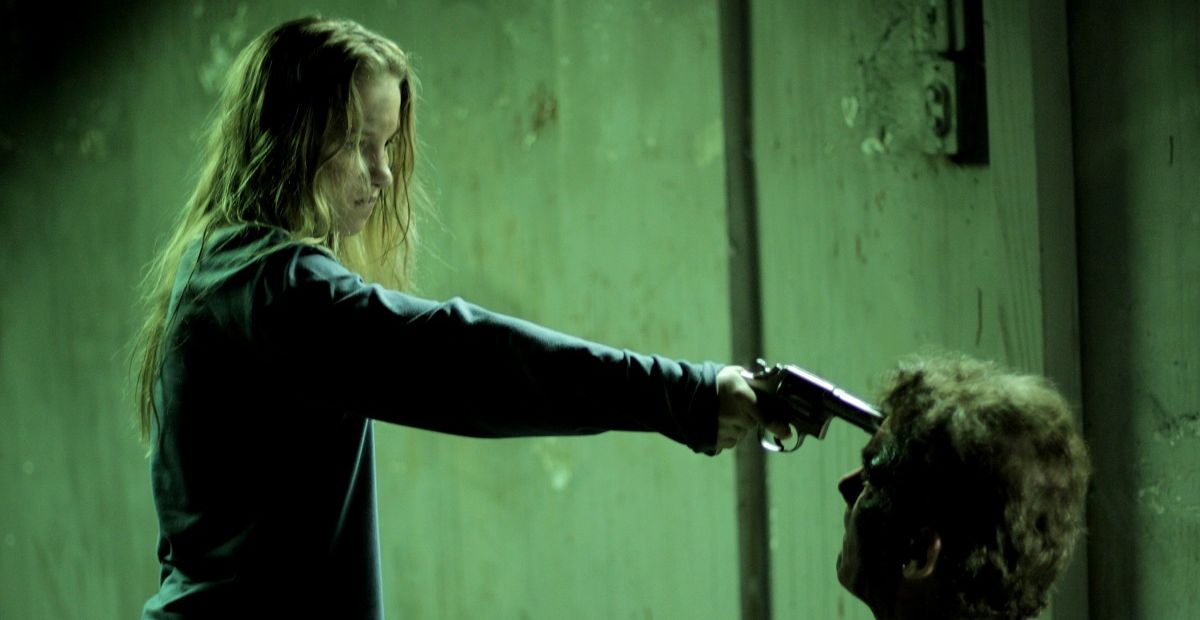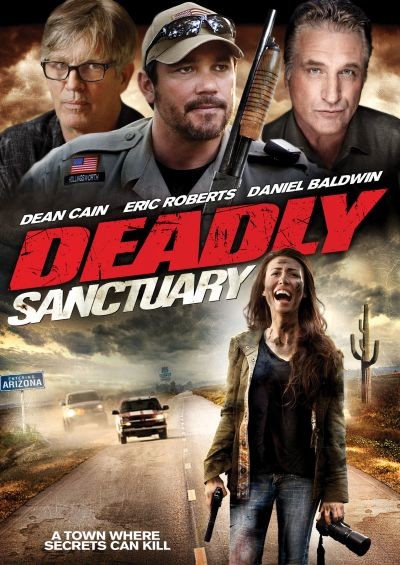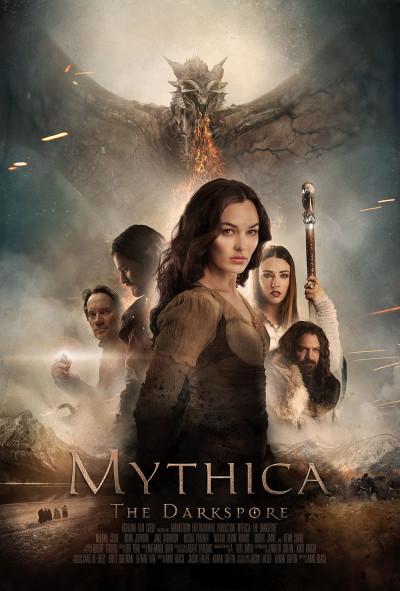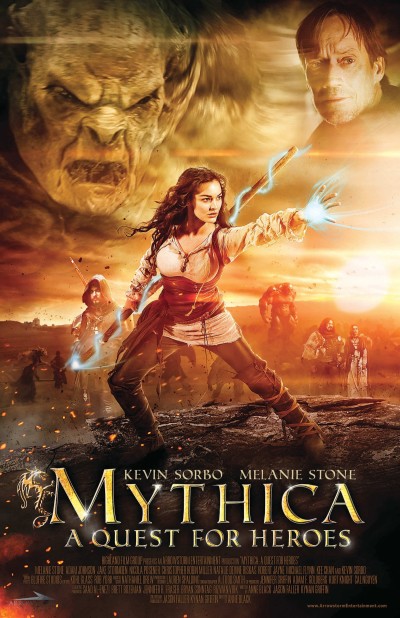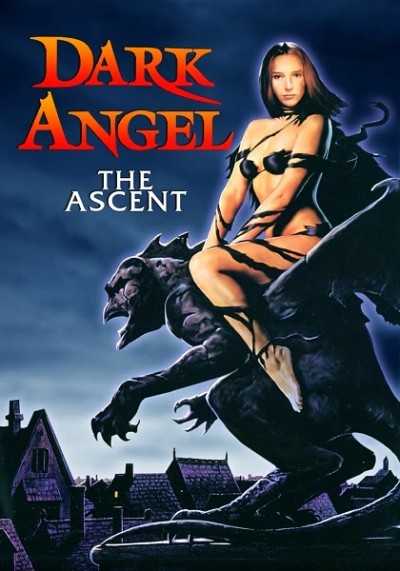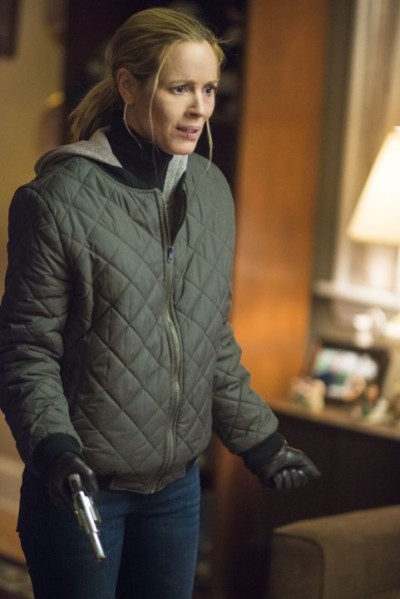★★★
“Clearly nothing civil about this war.”
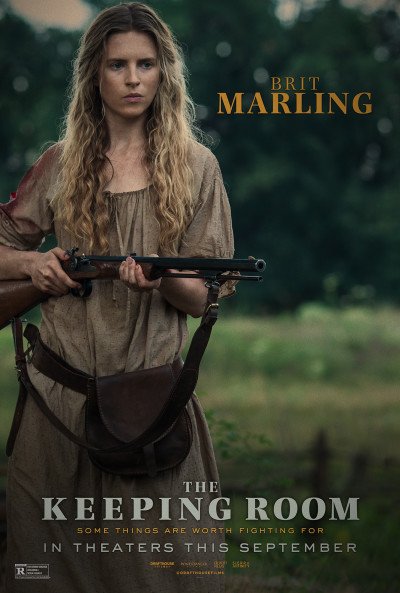 |
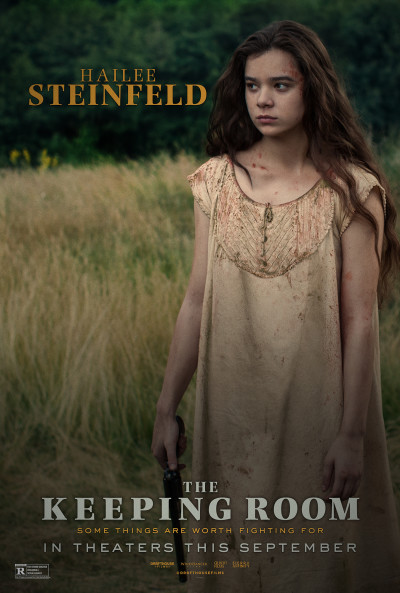 |
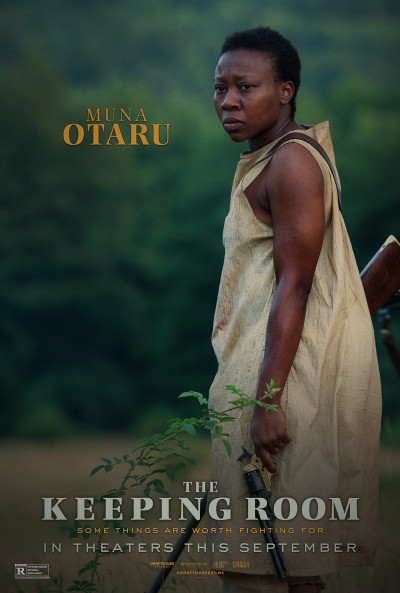 |
The second half of 2015 seems to have seen a flood of “revisionist” – whatever that term means – Westerns. We’ve already had the likes of Bone Tomahawk and The Revenant, with The Hateful 8 due out imminently. This is another along similar lines, though also has a debt to Cold Mountain, sharing a theme of Civil War women forced into surviving on their own, with the menfolk off fighting each other. In this case, it’s two siblings, Augusta (Marling) and Louise (Steinfeld), along with their black maid (Otaru), who are barely scraping a living out of the land. When Louise is bitten by a racoon, her sister rides into town to seek medicine, but encounters Moses (Worthington) and his colleagues, the advance guard of the approaching Union army. He takes a shine to her, but she rebuffs his advances at the point of her rifle; that only spurs the men on, so they follow her back to the house and lay siege to the three inhabitants, driven by an apparent combination of lust, and a desire to take revenge for their humiliation.
This opens with a quote from Civil War General, William Sherman: “War is cruelty. There is no use trying to reform it. The crueler it is, the sooner it will be over,” and that’s an appropriate quote, since the moral here appears to be that there are times when barbarism needs to be met with equal or greater force. Augusta, in particular, is a great exponent of this, pragmatic and down to earth. When Louise tries to deflect a chore by whining, “She’s the nigger, she should do it,” her sister chides her in response, “Like I told you, Louise: We all niggers now.” However, even Augusta falls prey to the convenient flaw most commonly seen in the “final girl” of slasher films: failing to finish off your opponent when you have them at your mercy, in this case wandering off and leaving Otis after knocking him out. It has to be said, I was close to yelling “Shoot him in the head! IN THE HEAD!” at the screen there.
Barber also has a flawed concept of pace, the film grinding to a halt just when it should be escalating relentlessly, in order for the maid to deliver a lengthy monologue about an incident that happened when she was 10. While not irrelevant, it really needed to be somewhere else in the film, as it derails all the tension built up to that point. It’s a shame, as there has been a strong sense of looming and ever-encroaching violence, right from the opening scene, depicting an encounter between a slave and a stagecoach. While infuriatingly flawed in a number of ways, not least Barber’s over-obvious direction, Marling’s performance in particular does make it worth watching, and the story reveals a side of the war not previously brought to the screen, to my knowledge.
Dir: Daniel Barber
Star: Brit Marling, Hailee Steinfeld, Muna Otaru, Sam Worthington





